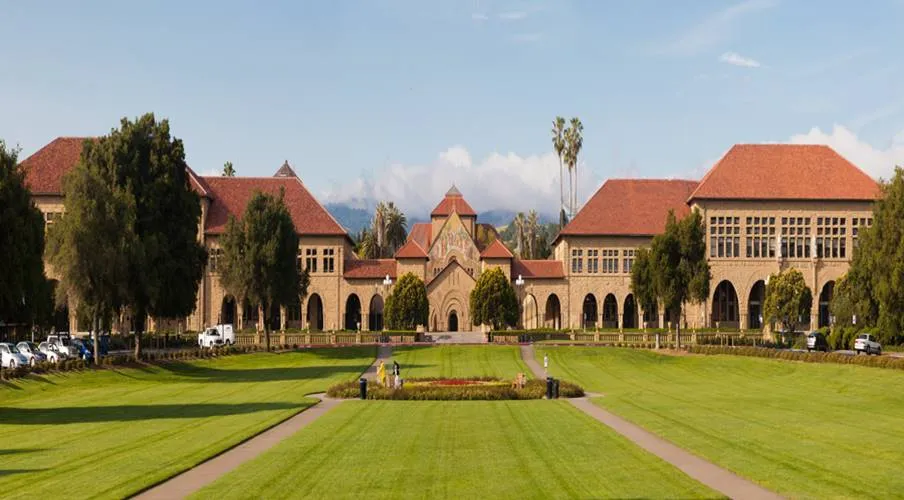Table of Contents
The position of a student journalist is in many respects a curious one. Those who have occupied the role I am vacating — and its equivalents across other campus publications — are both hobbled and blessed by perhaps our only common trait: our youth.
Hobbled, because we are inexperienced, naive, and taken less seriously than our professional counterparts lining the pages of national publications. We aren’t breaking Watergate every week at the Review (and nor are the Daily, FoHo, or whichever other Stanford publications you might dip into), and nor do we claim to.
We are blessed, though, because with that inexperience comes both determination and whimsy. There is a special energy at our weekly Review meetings, where our staff argue, laugh, bellow, and pontificate about the issues of the day. I would be thrilled to be proven wrong, but I doubt that energy endures in many facets of adult, post-college life.
I entered student journalism because I enjoyed — and still enjoy — crafting sentences. I liked trying to put words together in interesting ways, manipulating them to express something persuasive, shocking, or clever. I do not flatter myself into thinking that I have succeeded very often at this, but trying nonetheless continues to appeal to me. I originally plied my trade at the Daily, writing a biweekly opinion column. I had no delusions of grandeur (or of readership, for that matter), but I appreciated the practice that the column gave me, the discipline its deadlines imposed. After a couple of months unloading essays into the digital void, however, I was approached by somebody at the Review, who convinced me that I could be doing more.
And what exactly do we do here at the Review? We certainly write articles, don’t get me wrong. This volume we have published journalism to be proud of. We took an excoriating look at Stanford’s dining policies, dating back to their inception, and proposed common-sense ways to improve them. We demanded an explanation for why Stanford’s much-touted new scholarship program failed to find a single humanities student worthy of recognition. We did extensive analysis of Stanford’s administrative bloat and investigated the rotten incentives behind it. We wondered why a Stanford administrator found the American flag, of all things, offensive.
But we have fun, too. This volume, we founded a religion when we didn’t like a university policy. We reviewed the best places to cram for a final. We showed you how an understanding of frat parties can lead to an understanding of national politics. We formed friendships among our staff, many of which will endure years after we’ve left Stanford. In short, we understood that being a student journalist is about writing important news stories, yes, but perhaps just as importantly it is also about not taking yourself too seriously.
The Review has cultivated something of a reputation for pushing boundaries. We don’t pretend to be otherwise. In the words of the great novelist Graham Greene: “Heresy is another word for freedom of thought.” On a college campus, where few of the heresies one can commit will be of relevance in the years to come, I would encourage our readers to embrace the same attitude.
As my time at this publication comes to an end, I couldn’t be more grateful for everything it has given me. I have given to it a good deal of my time and energy, but I have been repaid in full and then some. To my staff — thank you for arguing with me, pushing me, and for writing the terrific pieces that have filled this volume. To our readers — it is my humble hope that our material has been worth the time you spent reading our articles. And I wish a special good luck to my successor, Andrew Friedman, who will doubtless match and then exceed the achievements of this volume. The Review will never stop being the Review, but it is up to you now to make it your own.
Sam









